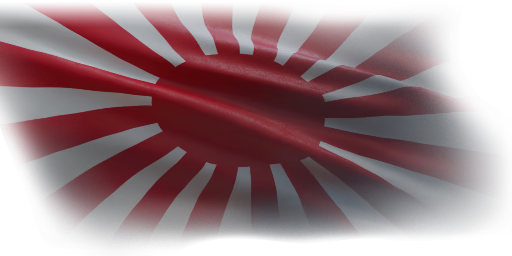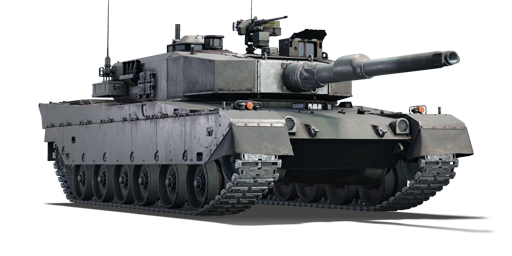The Type 90 (90式戦車) was initially accepted into service in 1990 as a replacement for both the Type 61 and Type 74 models. With the Type 74 adopting service, it was rather late to the scene and had to compare with the newer generation of MBTs like the T-72 (Family), Leopard 2 (Family) and M1 Abrams (Family). For that reason, the Type 90's development was called instantly after the Type 74's adoption. While closely resembling Western-style MBTs, the emphasises of the Type 90 lay in its technical features from the FCS system, Onboard computer, automated tracking and autoloader.
It was introduced in Update 1.79 "Project X". Despite its appearance being similar to the Leopard 2A4 and mounting a license-produced Rheinmetall L44-based cannon, it is significantly different in a number of aspects. LWS and the main feature the Type 90 offers and will be very obvious is the 4-second autoloader it employs, this allows the Type 90 to essentially suppress other MBTs even if they wouldn't result in kill shots. The tank also offers a very beefy engine, being among the faster MBTs it can keep up with lighter-tracked vehicles and get into position as fast as possible.















